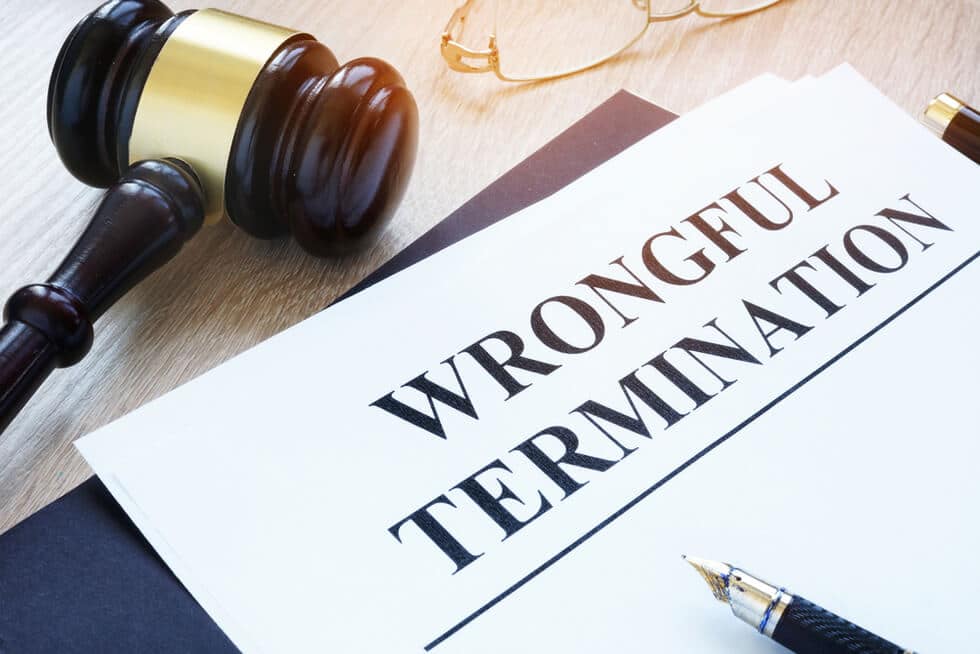Buying a home is as exciting as it can be. Finally, you’ll have that house you’ve been dreaming. You can then raise a family and enjoy the perks and benefits of having your own. Gone are those days of quarrels and misunderstandings with landlords due to rental issues. With your own home, you can do anything you want. You can check out the great home offers from the best mortgage lenders in houston texas.
But before you apply for a mortgage loan, it is vital to be aware of relevant laws. In that way, you will be guided on what to do whenever issues arise. Laws give you rights that sellers or brokers must respect. But you should also know at least the basics of these.
Here are some of them.
1. The Equal Credit Opportunity Act (ECOA)
The ECOA ensures that lenders will not discriminate you for non-financial reasons such as race, color, religion, and marital status. Lenders may ask this information, however, these should not serve as a basis whether they will give you a loan or not. For example, a lender should not increase interest rates simply because a person is older. Or the lender should not disallow a loan application because the applicant is a Muslim or a Christian.
The ECOA also mandates lenders to send an explanation to applicants whose application for a loan were denied. The statement should be made known to the person within 60 days of the decision. It should detail the specific reasons behind the disallowance.
2. The Fair Credit Reporting Act (FCRA)
The FCRA is like your checking mechanism for relevant information taken from you for the processing of your loan/credit application. It covers concerns on Equifax, Experian, and TransUnion, including other reporting agencies. Under the law, you can check on your credit report upon request. Each reporting agency is also required to provide a free copy of your credit report.
The FCRA also gives you the right to an accurate credit report. Because of that, you can comment on errors made and that the assigned bureau should take relevant actions on these. After the bureau investigates, it should modify or remove incorrect information.

3. The Fair Debt Collection Practices Act (FDCPA)
The FDCPA helps you resolve issues with third-party debt collectors to which it applies. It does not govern the company or agency where you applied for a loan. It is considered a Federal law which regulates collection attorneys irrespective of the state where the debt collector works.
The FDCPA has provisions on when debt collectors are supposed to contact you. For example, they should call you between the hours of 8 a.m. and 9 p.m. unless you notified them that they could call you anytime. You also have the right to stop them from contacting you by writing them a cease letter.
Moreover, the law gives you the right to sue a debt collector who threatens to claim false statements, threaten you, harass you, and other offensive actions. In compensation, you could receive up to $1000, including fees for actual damage and attorney.
For more information about these, you can check out the best mortgage lenders in houston texas.





